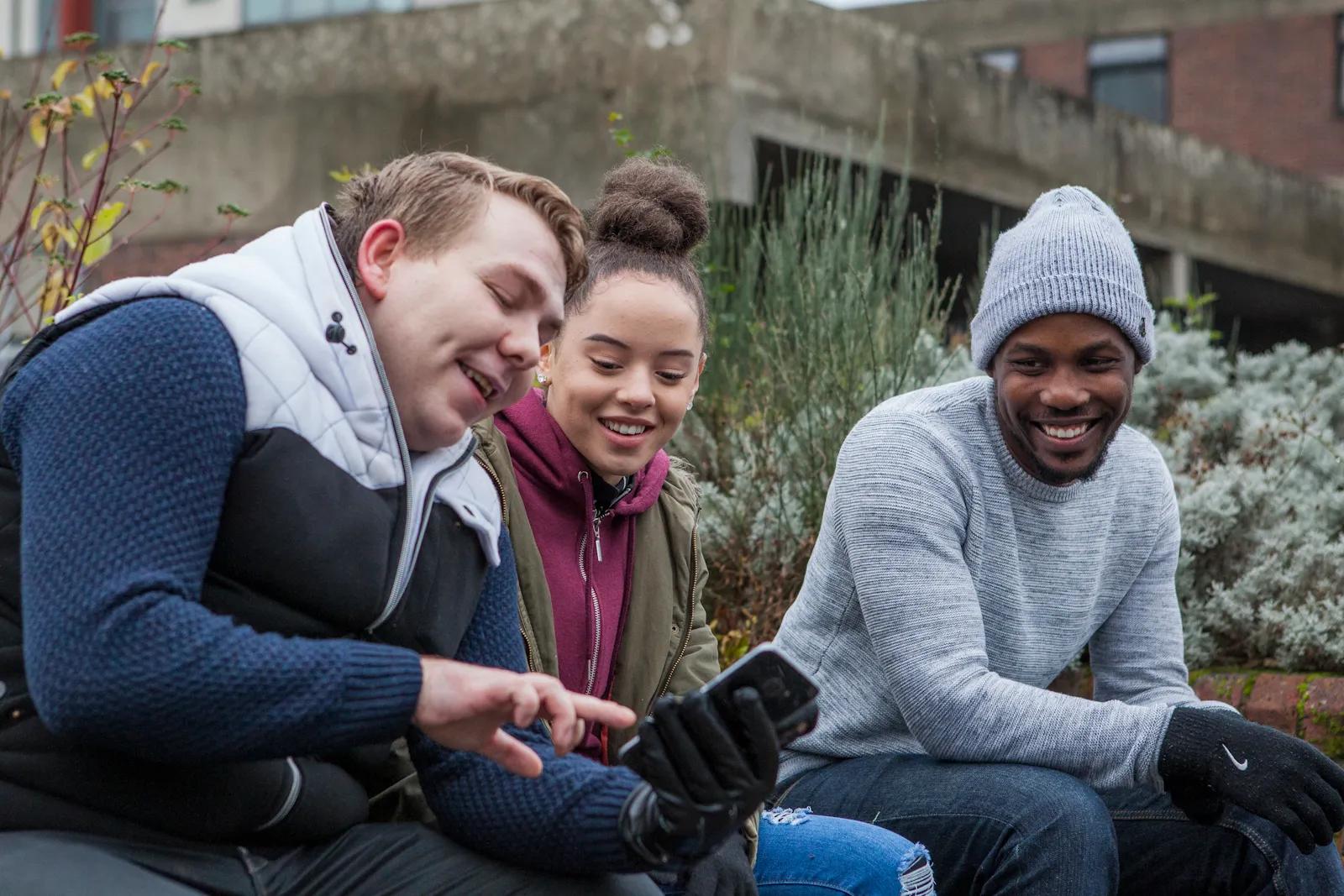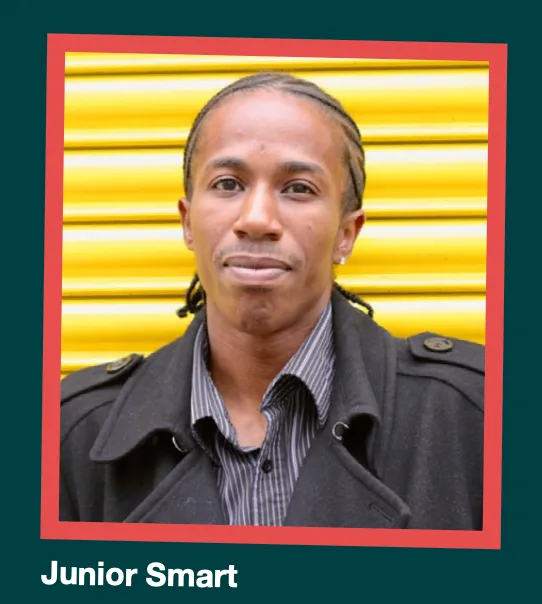
Nineteen years ago, I walked out of prison determined that my life would mean something different. I did not want to waste the second chance I had been given. What began as a small project in South London, the St Giles SOS Project, grew into a national movement, showing that lived experience is not just valuable but essential in tackling the toughest social challenges.
Since then, I have worked with thousands of young people caught between fear, poverty, and exploitation. I have seen the realities that do not always make the headlines. Knife crime is one of the most visible and devastating symptoms, but it is never the full story. Behind every blade is a young person navigating pressures and choices that most adults would struggle to manage.
When a young person picks up a knife, it is rarely out of aggression. More often, it is out of fear: fear of being attacked, fear of looking weak, fear of being left without protection when everyone else is carrying. In that moment, the knife feels like control. In reality, it makes them more vulnerable to injury, to arrest, and to exploitation.
Carrying a knife is a response to deeper issues. Poverty. Trauma. Lack of safety. A family stretched beyond capacity. A community stripped of opportunity. Social media showcasing a life they cannot access. An older exploiter offering quick money, belonging, or protection. These are the conditions that breed knife crime, and they exist all year round.
Systems under pressure
Too often, society treats youth violence as a seasonal issue. When school holidays arrive, or when a spike hits the news, attention turns briefly to “what is happening with our young people.” But risk is not seasonal. It does not rise and fall with summer or winter. What changes is whether the systems that normally provide safety and stability; schools, youth services, families, communities; are strong enough to withstand pressure.
Right now, too many of those systems are stretched to breaking point. Cost of living pressures, shrinking youth provision, and short-term funding models have created a situation where young people face complex risks with fewer supports than ever before. Knife crime is not created by these pressures, but it is exposed by them. We would never run hospitals or schools on short-term contracts, so why do we do it with youth services?
And the months ahead will be especially telling. Families on lower incomes are already stretched to their limits, facing rising costs for food, energy, and housing. For many, winter does not just mean darker nights but deeper uncertainty. These pressures do not just make life harder. They make exploitation easier, as young people look for ways to ease the burden at home or escape the stress around them.
The role of families
Whenever tragedy strikes, we hear the familiar question: “Where were the parents?” The truth is often painful and complex. Many parents are working multiple jobs just to keep food on the table. Some are dealing with trauma of their own or supporting several children with no extended network to fall back on. The absence of parents is not always neglect. It is often exhaustion, poverty, or lack of support.
Exploiters know this. They step into the gap with promises of money, status, or belonging. What begins as a lift in a car, a chance to make some quick money, or a new pair of trainers can quickly turn into debt, control, and fear.
What works
At St Giles, we have learned that young people do not change because someone tells them to. They change because someone earns their trust. That trust comes when they meet people who understand them, people with lived experience who can say, “I have been where you are, and there is another way.”
That is why lived experience is at the heart of what we do. It creates connection, breaks down fear, and shows young people that change is possible. But it is not enough to have credibility on the street. Real impact comes when that credibility is backed by training, professional standards, and long-term support.
We see young people as whole people, not problems. We meet immediate needs such as food, housing, and debt advice because stability is the foundation for any future. We then focus on opening up opportunities for education, skills, and employment, so that young people can begin to imagine a different path. We also work with children and teenagers who are being drawn into violence and exploitation, helping them to feel safe, make better choices, and break free from those seeking to control them. Alongside this, we support people in the justice system, both in prison and on release, to rebuild their lives and prevent further harm.
These strands of work cannot be separated. Poverty, violence, and justice are deeply connected, and knife crime sits at the intersection. If we address one without the others, we miss the bigger picture.
What works
There has been progress. Initiatives such as Violence Reduction Units and bodies such as MOPAC have shown what can be achieved when resourcing and expertise are brought together through a collaborative approach. As a result, knife crime has reduced in London and the West Midlands. This proves that when we invest properly in prevention and partnership, lives are saved.
But this progress has not been shared evenly across the UK. In too many areas, services remain fragmented, funding is short term, and young people are slipping through the cracks. If we want to build on what works, we need to think beyond seasonal interventions and commit to long-term, year-round solutions.
Beyond crisis management
What young people need are not heroes who drop in and disappear, but people and services that stay the course. What families need is support, not blame. What communities need is long-term investment, not short-term patches. And what the country needs is the courage to move from reacting to harm towards investing in hope.
Knife crime is not inevitable. It is preventable. But prevention takes time, trust, and consistency. It takes belief in young people’s potential, even when they cannot see it themselves. And it takes the kind of lived experience-led, whole-person support that St Giles has been delivering for decades.
Every knife taken off the street matters. But every young person taken off the path to violence matters more.

Junior Smart, Business Development Management and Founder, St Giles’ SOS Project
www.stgilestrust.org.uk
